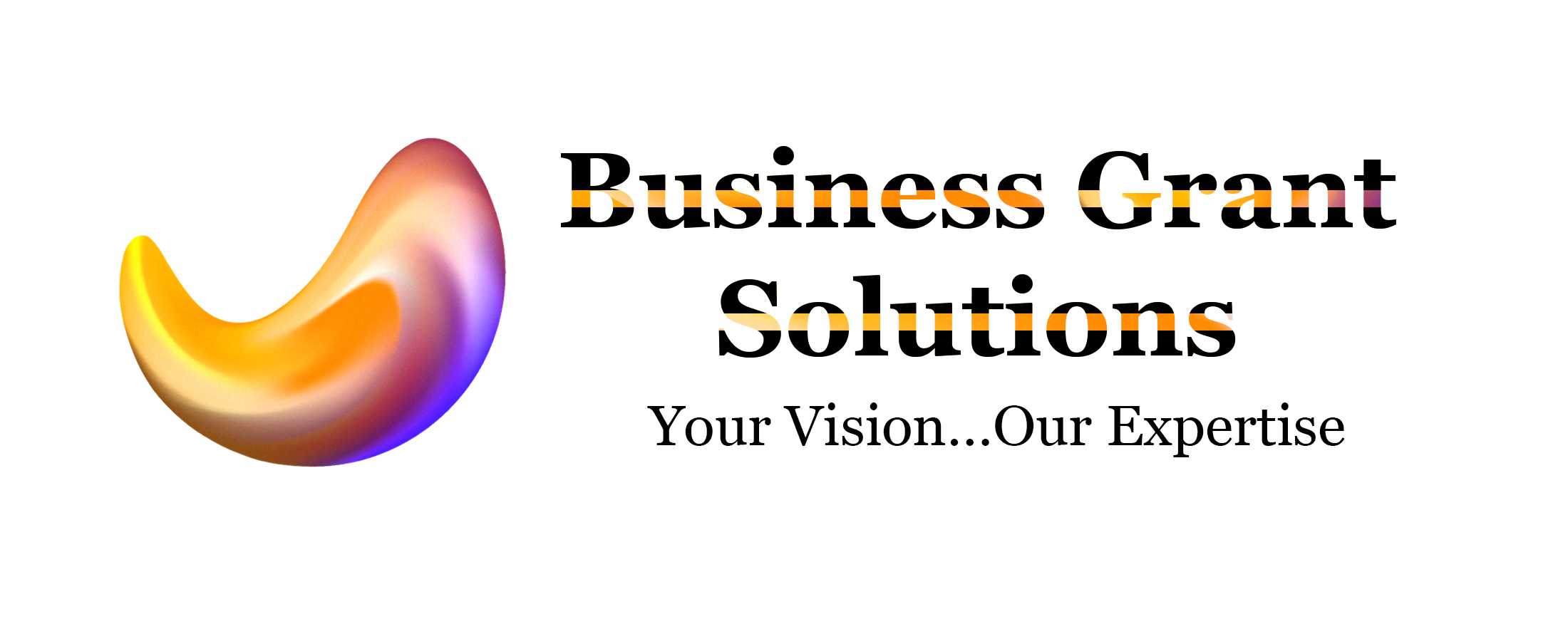The Enterprise Investment Scheme (EIS) is a venture capital scheme created by the UK government to help new businesses raise finance by offering generous tax reliefs to investors. The scheme has been around since 1994, so it’s a well-established part of the UK tax landscape for investors.

In order to qualify for EIS benefits, the company and the investor must meet certain criteria as defined by HMRC, including that that the shares must be unquoted at the time they are issued. This means that the company’s shares cannot be listed on the Main Market of the London Stock Exchange or any other “recognised” stock exchange.
The Enterprise Investment Scheme benefits include the following tax breaks:
- tax free capital growth
- income tax relief at up to 30%
- the value of the shares may qualify for 100% business relief (BR) from inheritance tax (after a minimum two-year holding period, unless the shares are “replacement business property”)
- potential for additional income tax relief on losses
- potential for Capital Gains Tax deferral
Benefits of the Enterprise Investment Scheme, The investor can expect:
- Income tax relief at the 30% rate of tax on the amount invested in qualifying investments of up to £1 million a year. The EIS relief may be withdrawn if certain events occur within three years, such as the shares being sold. There is a further £1 million allowance per investor provided the investment in excess of £1 million is in knowledge-intensive companies.
- Any gain arising on a disposal of the shares after three years to be free from capital gains tax provided that any amount of income tax has been claimed.
- Deferral of capital gains (no limit) on any other assets, by reinvesting all or part of the gain into an EIS company within one year before, or three years after, the gain accrued. The deferred gain becomes chargeable to capital gains tax if certain events occur later.
